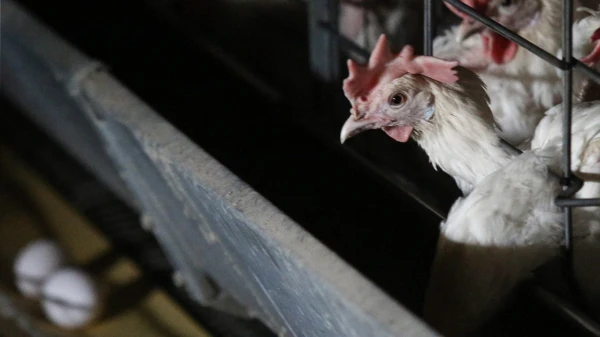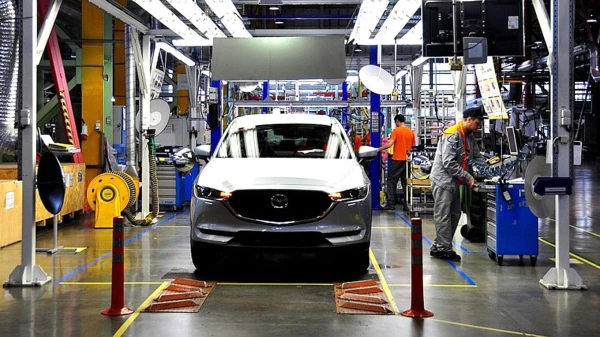
The important import was banned by the authorities of the Russian Federation themselves.
Farmers in the Leningrad region report a sharp decline in the quality of broilers due to the disappearance of Cobb 500 incubation eggs, writes Fontanka. Instead of the standard 4 kg, adult birds only reach 2–2.3 kg, making their breeding economically unviable. Cobb 500 is a high-yield breed developed in the Czech Republic and widely used in Europe and the USA due to its high survival rate and rapid weight gain with low feed consumption.
The difficulties began after Rosselkhoznadzor banned the import of Czech incubation eggs in 2025. The market is now mostly filled with Turkish analogues, which, according to producers, do not provide stable performance. Considering the rising costs, the production cost of chicken meat could increase by 130% — from 350 to 800 rubles per kg, which would effectively make the product uncompetitive.
Several farm owners in the Leningrad region have already started to reduce production. Co-owner of the farm "Khutor Zalesye" Irina Vishnyakova said: "We buy day-old chicks, and since August the results have been shocking — in a bad way." Another farmer, Ivan Nikolaev, added: "Chicks grow to a maximum of 2.3 kg instead of the usual four. We have completely stopped raising broilers and do not know if we will return to this direction next year."
Market participants associate the decline in performance with the disappearance of Czech incubation eggs. Rosselkhoznadzor imposed import restrictions on products from Czech enterprises twice — in May and August 2025. After that, the market was mainly left with Turkish suppliers, whose quality, according to farmers, remains inconsistent. Problems with supplies from the EU are not related to sanctions; however, due to strained relations, European producers often refuse to cooperate with Rosselkhoznadzor when claims arise, which automatically blocks exports. In Turkey, there are no such political barriers, but local breeding schools significantly lag behind European ones, farmers note.
At the same time, the problem currently affects private farmers. Large poultry holdings do not experience such issues — they produce incubation eggs independently, using foreign breeding lines. They do not sell their surpluses to farmers due to low volumes.
<iframe width="560" height="315" src="https://www.youtube.com/embed/6uhM9I1_89w?si=DMkZeYegyqadMJUM" title="YouTube video player" frameborder="0" allow="accelerometer; autoplay; clipboard-write; encrypted-media; gyroscope; picture-in-picture; web-share" referrerpolicy="strict-origin-when-cross-origin" allowfullscreen></iframe>











